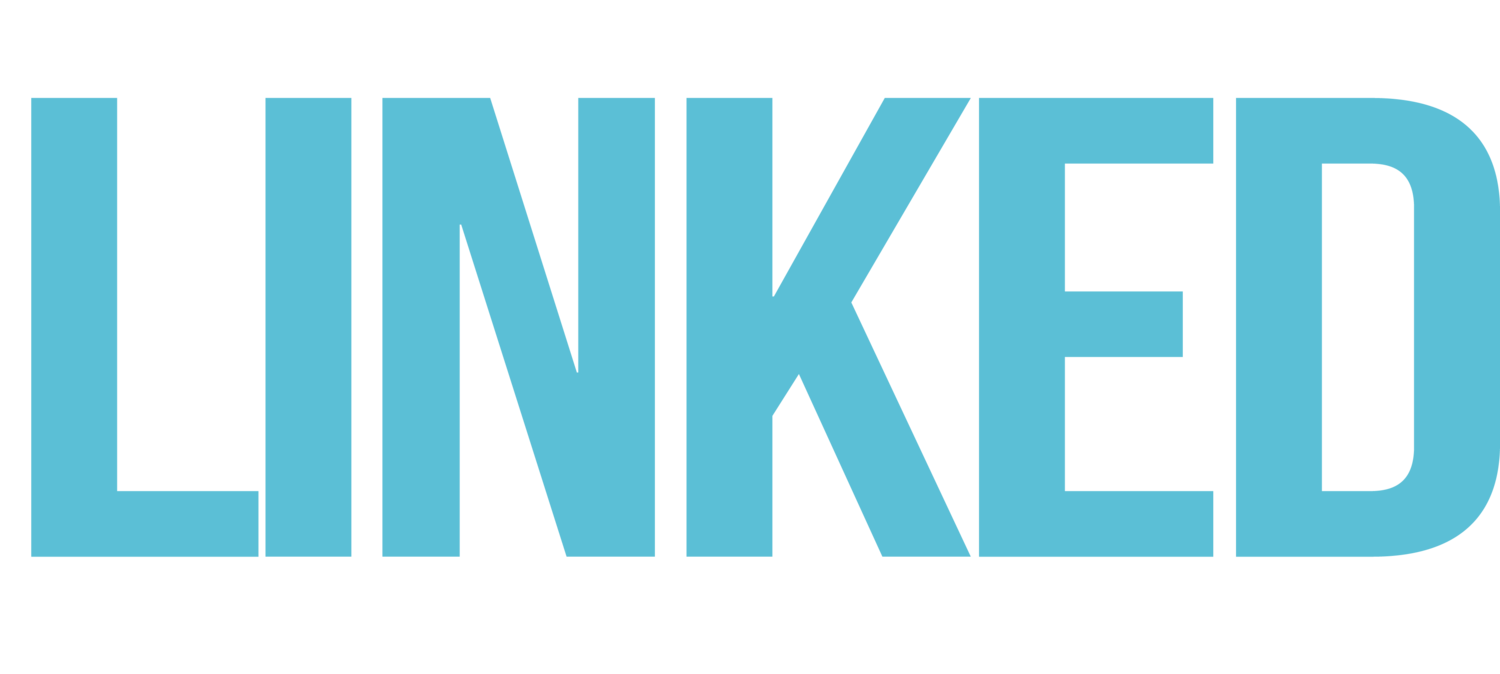This year’s presidential election and recent worldwide events may cause anxiety and uncertainty for Oklahomans concerned about the economy and their retirement investments. The campaign has brought out the candidates’ differences in economic and tax policies, and the winner will set the tone for policies involving job growth, income distribution, tax reform and immigration.
While we all should be concerned about the direction our next president will take our country, we should also remember that our economy is impacted by several economic trends and market drivers.
Take, for example, consumer confidence. Markets do not like uncertainty. It may be worth doing some extra portfolio volatility-proofing. Consider dividend-paying stocks rather than aggressive growth and modest increases to high-quality bonds and cash.
Consider the business cycle. It’s difficult to predict the effects a new president’s agenda will have on the investment markets, but savvy investors should pay attention to the candidates’ proposed tax policies and potential impact on their portfolios.
When looking at interest rates, investors should take their direction independently from the Federal Reserve when making adjustments in their portfolios.
Don’t let unforeseen events shake your confidence. Sudden events often have the effect of propelling a flight to the safety of U.S. securities, but the regularity and stability of the U.S. electoral process testifies to the country’s leadership as a global economic power and bolsters confidence in financial markets.
Once you’ve looked how the overall economy may impact your investments, take a look the rest of your finances using these practical tips:
Jeff Ashford is a Certified Financial Planner™ Professional with Access Financial Resources, Inc. in Oklahoma City.
- Review your taxes. Determine your tax rates, or whether certain income streams such as Social Security or investment income are subject to extra taxes, in order to make simple and strategic tax moves that pay off.
- Set up automatic savings account transfers. Building an emergency savings account is crucial to financial stability. Arrange for a portion of your paycheck to be sent directly to a savings account.
- Plan your summer vacation. Last-minute plans can cost money, so get specific about where you want to go, where you will stay and how you will get there.
- Review your menu of employee benefits. Don’t wait for the open enrollment deadline to review employee benefit options. Doing some number-crunching early on will help ensure you select the option that best fits your needs, budget or tax situation.
- Practice being retired. Think ahead about how you’ll spend your time in retirement; you’ll gain insight into future spending habits. In turn, you can adjust savings and investment strategies.
No matter what’s going on in the world, your personal goals should determine how you create your personal financial plan. What is important to you?


